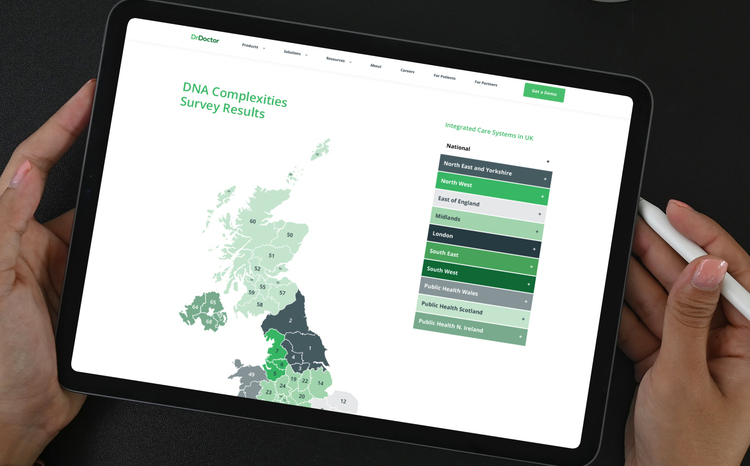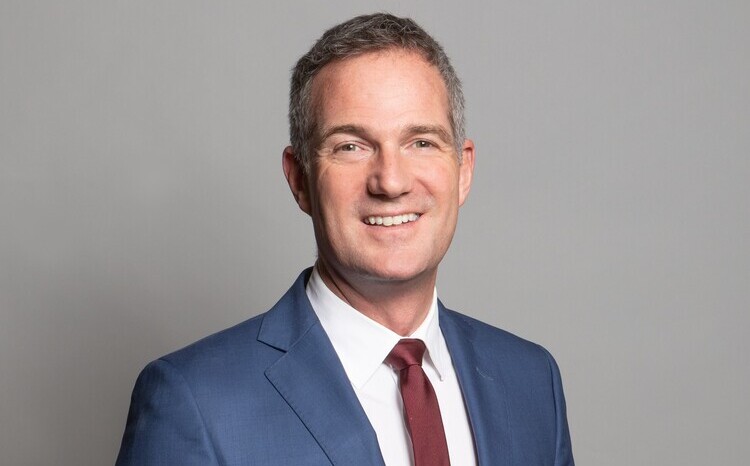Digital Health Coffee Time Briefing 
- 23 January 2024

Your morning summary of digital health news, information and events to know about if you want to be “in the know”.
???? News
???? This week, thousands of people with sickle cell disorder and thalassaemia in England have been given access to a world-first ‘blood matching’ genetic test on the NHS to better match their blood transfusions, reducing the risk of side effects and offering more personalised care. The NHS on Monday became the first healthcare system in the world to provide a new blood group genotyping test which is set to transform care for patients living with sickle cell disorder and thalassaemia, with almost 18,000 people in England now being eligible.
???? A Northampton mental health charity has reached the final stages in four categories of a nationwide awards programme which celebrates third sector organisations. St Andrew’s Healthcare is one of just three finalists shortlisted for the Compassion, Technology, Campaign for Change and the Development and Innovation categories at the annual Markel 3rd Sector Care Awards.
???? Circadacare, an independent living technology company that integrates proven circadian light technology with a unique monitoring platform to enhance wellness and promote independent living, today announces that it has successfully raised £1.3 million in funding, led by Northstar Ventures, with contributions from both private and venture capital investors. This news comes alongside the company’s match-funded partnership award from Innovate UK, the UK’s national innovation agency.
????
???? Preoperative risky alcohol use is one of the most common surgical risk factors. Accurate and early identification of risky alcohol use could enhance surgical safety. AI-based approaches, such as natural language processing could provide an innovative method to identify alcohol-related risks from patients’ electronic health records before surgery, according to a study in Alcohol Clinical & Experimental Research.

While longer life expectancies for men and women have been a societal success story, this is not the full picture. Despite living longer than men, women spend 25% more of their lives in poor health. Addressing the women’s health gap could potentially boost the global economy by at least $1 trillion annually by 2040, according to a new report by the World Economic Forum and the McKinsey Health Institute.
???? What we’re reading
The Covid-19 pandemic led to an expansion of telehealth products, and the rapid dissemination of wearable technology means that continuous health data is more available than ever before. British-headquartered healthcare and health insurance provider Bupa has invested heavily in IoT and AI infrastructure, focusing on a vertical integration made possible by its unique position as payor and payee.
???? This week’s events
24 January, Westminster Health Forum – Priorities and next steps for tackling antimicrobial resistance in the UK
24 January, House of Commons Science, Innovation and Technology Committee – Emerging diseases and learnings from Covid-19




